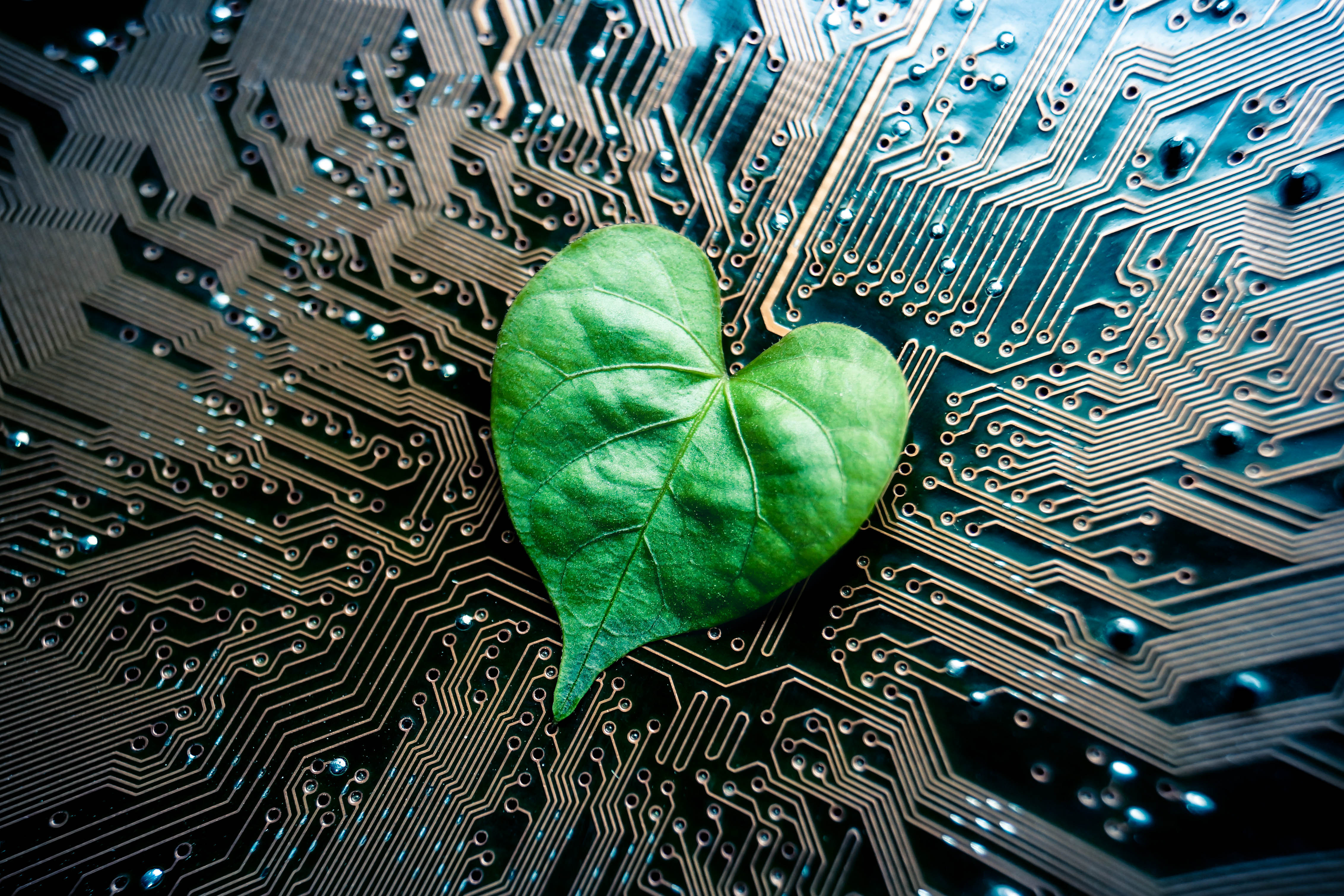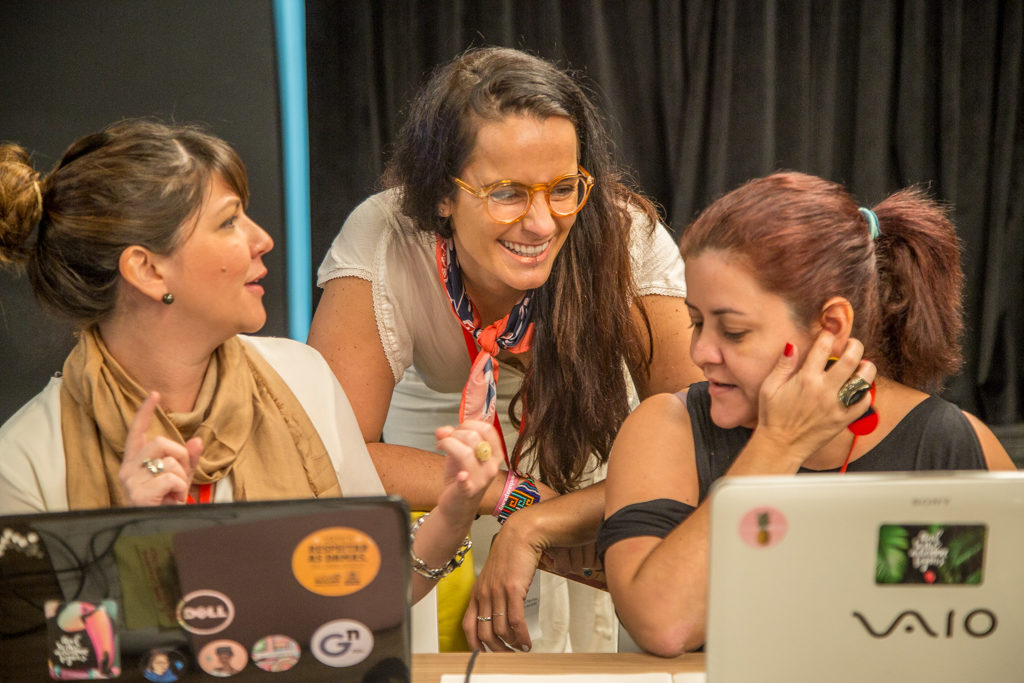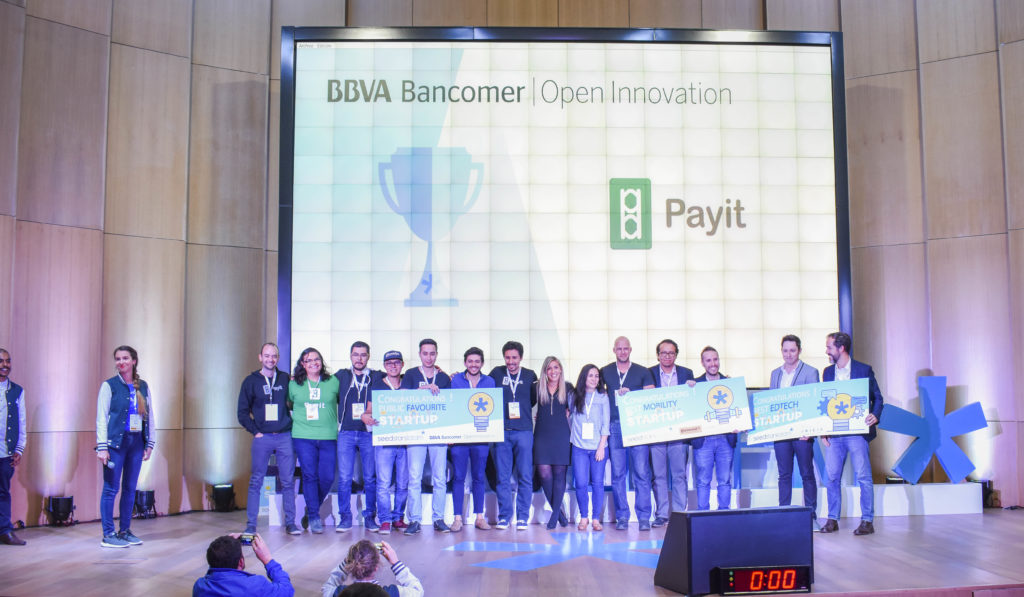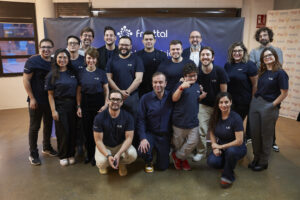If Blockchain is the future, could it save the Earth too?
Last week, The Economist published a video about how blockchain technology could help save the Amazon forest. The video shows that through encryption, the world could maintain a traceable digital fingerprint of every living creature in the Amazon. The Amazon Bank of Codes is the first project that is born of a collaboration between the Earth Bank of Codes, the World Economic Forum, and the Earth Biogenome Project to map all forms of life found in the Amazon by sequencing the genomes of all flora and fauna found in the Amazon.
Blockchain is a public ledger that is owned by no centralized system. It can hold transaction records which are super-encrypted, hence making fraud or manipulation a distant concern. It would have copies in several computers, which makes it difficult to corrupt. And once data enters a blockchain, it stays there forever, which is one of the main reasons the world of finance is loving it.
However, apart from fintech, other areas using blockchain technology are health, education, gaming, and many more. Its use in conserving environment has seemed like science fiction, but it has already started. Blockchain can make sure that when governments and organizations make a promise about conserving the environment, they not only keep it, but it also ensures that the promise is authentic, because every transaction would be tracked transparently. Also, as blockchain removes the need for middlemen in its transactions, work can be done faster, and the right people can benefit.
The Economist’s video points to the Nagoya protocol, which was intended to ensure that utilization of genetic resources are shared in a way that is fair, hence conserving the ability to use biodiversity with continuity. However, this protocol has often been criticized on grounds that bureaucracy and red tape hindered monitoring of conservation rather than enabling it.
With the help of platforms such as Ethereum, organizations can create dApps or decentralized apps which execute automatically and only according to what has been agreed upon by all stakeholders. Moreover, when the blockchain is public, its transparency is such that anyone can access high-quality data but cannot corrupt it.
Blockchain can also help track donations given to charity organizations, ensuring that the money reaches its intended destination. Charity organizations that utilise blockchain include Bitgive and Bithope.
Government organizations can use blockchain to prove their loyalty to environmental causes. In March this year, the Comisión Nacional de Energía de Chile (CNE), which is Chile’s energy regulatory agency, announced adopting blockchain technology for the national energy grid. CNE will be the first Chilean government institution to use blockchain.
Also, organizations in supply chain management are very much related to the environment. Corporations in supply chain management can manipulate facts about their product and its origin, the chemicals used in production, or where they are dumping their garbage. Blockchain can help track this information and help reduce waste, fraud, and contamination. UK-based startup Foodtrax is a blockchain-powered dApp that tracks food from its origin to the shop shelf. Dallas-based Provenace is a blockchain solution for transparency in product supply chains.
Blockchain-based recycling programs could attract more people to join the cause by rewarding participation with a cryptographic token. This practice has already started in Northern Europe.
Social Plastic, also called Plastic Bank, is setting up centers in third-world countries, where people can exchange plastic for either currency or services like phone recharge, or precious items like cooking fuel. They are also planning on a blockchain-based app to enable exchange of plastic for cryptographic tokens. A blockchain dApp called RecycleToCoin is working on something similar with plans for automated machines.
A blockchain-based reputation system can ensure each organization keeps track of their carbon footprint, greenhouse gas emissions, and compliance with environmental conventions. There could be a score given to environmentally proactive organizations in the form of tokenized credit. EcoChain is a blockchain dApp that helps companies keep track of their carbon footprint. The software takes the data input on energy and materials used and shows use at the company, process, and product level.
The process of energy production and storage could also use help from blockchain. LO3 Energy is developing blockchain based innovations to generate, store, buy, sell, and use energy at the local level. SunContract enables transactions between individuals for blockchain-based energy. The ElectriCChain is an open solar energy generation data project with focusing on verifying and publishing data from the seven million solar energy generators globally on an open blockchain.
Blockchain could help streamline the environment conservation processes globally, making a greener tomorrow for future generations a reality.








